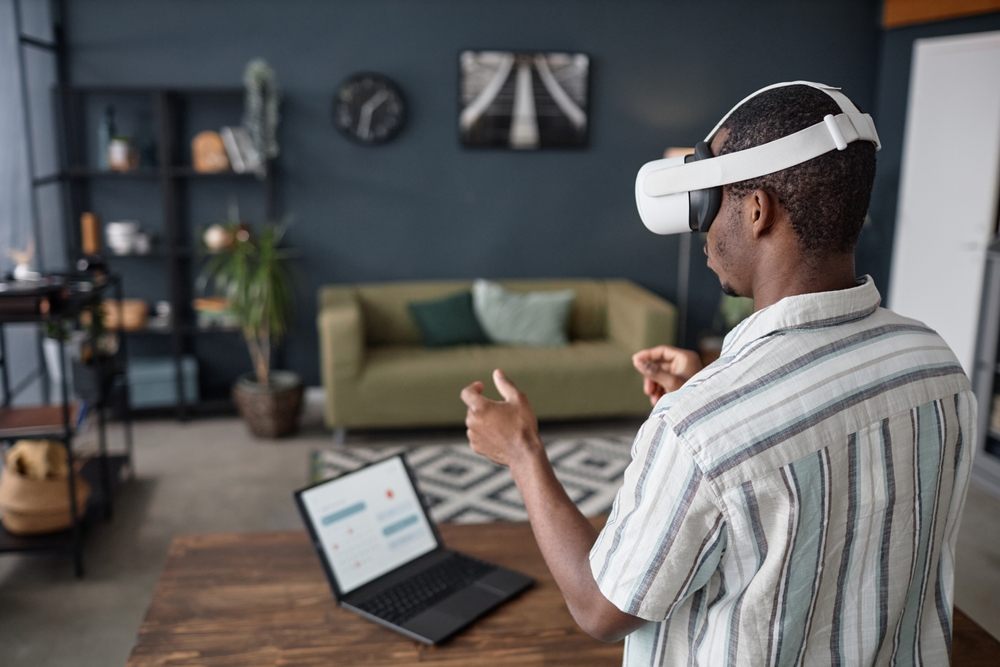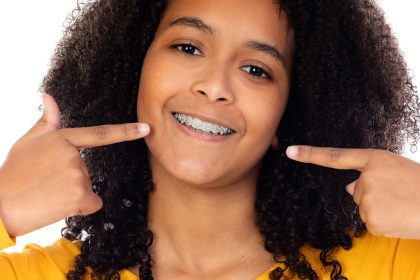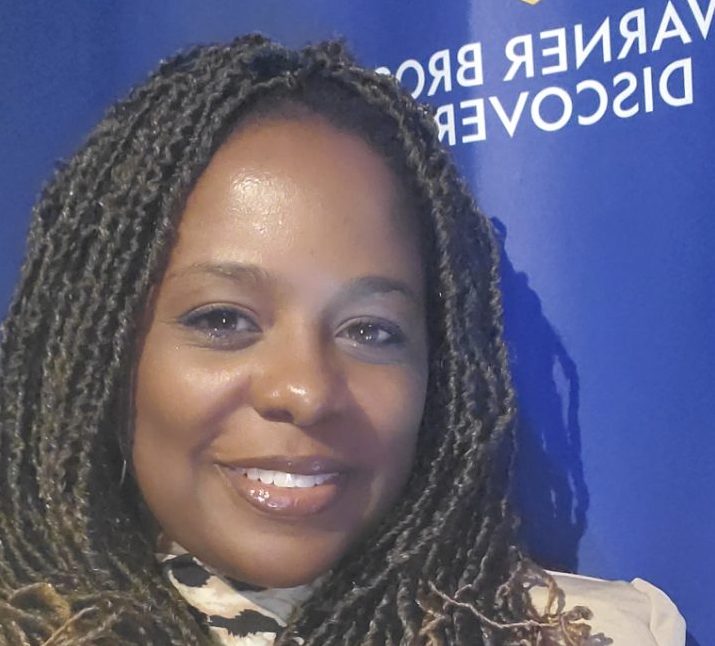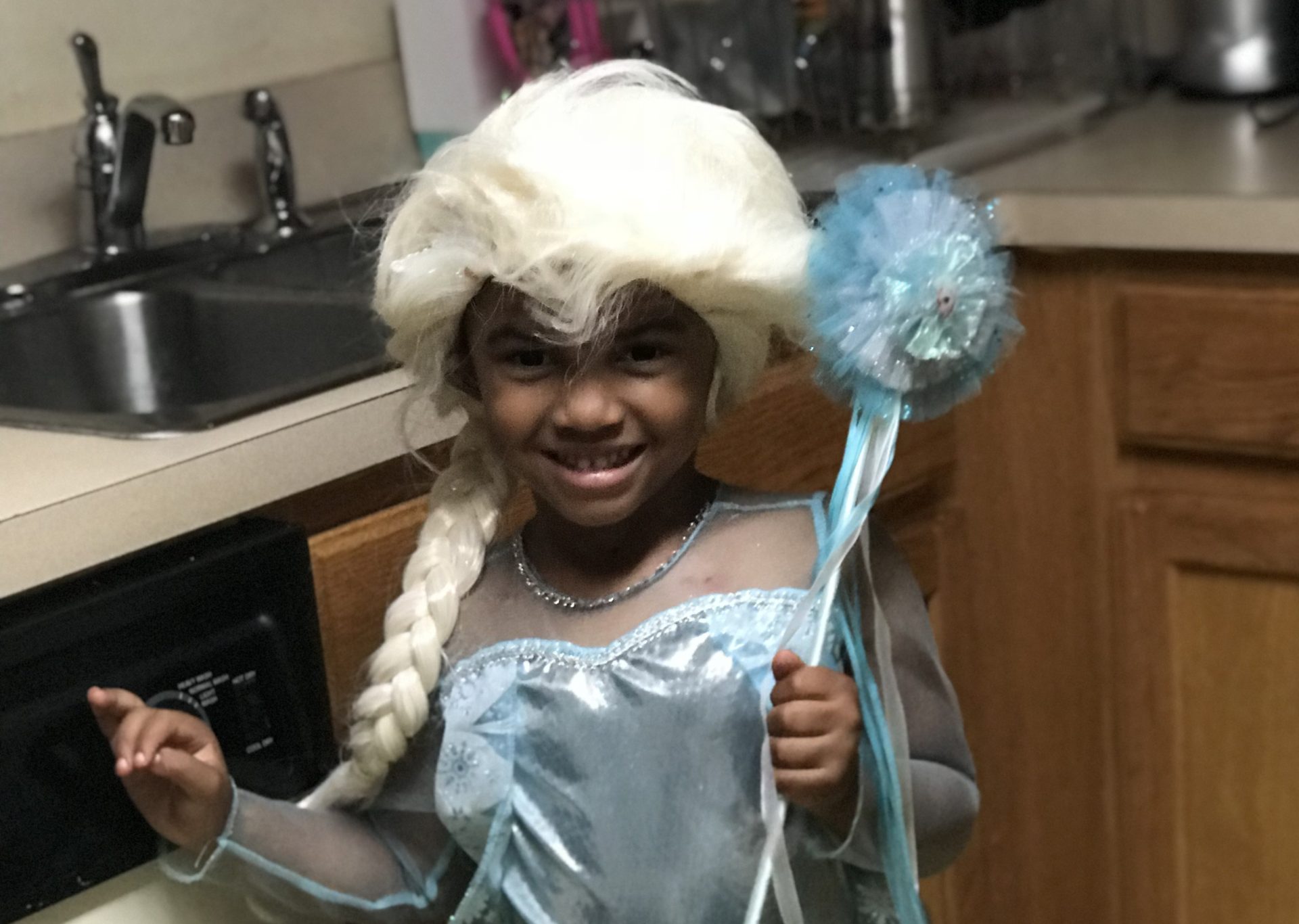The rise of social media as a cornerstone of daily life has created new challenges for preserving authentic Black culture. While these platforms offer spaces for representation and celebration, they simultaneously dilute and commodify cultural practices, transforming them into fleeting trends that often misrepresent their origins and true significance. This digital transformation has profound implications for cultural preservation and authenticity.
The double-edged sword of digital visibility
Social media initially emerged as a promising platform for showcasing Black culture globally. From music and fashion to dance and artistic expression, people worldwide gained unprecedented access to these cultural contributions. However, this increased visibility comes at a significant cost – the oversimplification of a rich heritage and diminished understanding of Black culture’s historical significance.
Key impacts of social media exposure:
- Rapid spread of cultural elements without context
- Loss of control over cultural narratives
- Decreased recognition for original creators
- Dilution of traditional practices and meanings
- Reduced opportunities for authentic storytelling
- Fragmentation of cultural communities
Cultural appropriation in the digital age
The speed at which trends spread through social media has accelerated cultural appropriation. Popular platforms enable creators outside Black communities to adopt cultural elements without understanding their significance, leading to widespread misrepresentation. This digital environment makes it increasingly difficult to maintain cultural authenticity and proper attribution.
On platforms like TikTok and Instagram, Black culture’s appeal is often leveraged for engagement metrics without proper attribution. When these expressions go viral, they frequently lose their authenticity and become disconnected from their origins. The case of popular dance moves like Renegade demonstrates how Black creators often miss opportunities for recognition and compensation while others profit from their creativity. This pattern of appropriation extends beyond dance to encompass music, fashion, language, and other cultural expressions.
The algorithm effect
Digital platforms’ algorithms play a decisive role in shaping how Black culture is presented and consumed online. These systems typically favor content that appeals to mainstream audiences, often at the expense of authentic cultural expression. The resulting digital landscape tends to promote simplified versions of Black culture that align with popular trends rather than genuine cultural depth.
Impact of algorithmic bias:
- Promotion of stereotypical content over authentic representation
- Limited visibility for challenging or complex cultural discussions
- Pressure on creators to conform to mainstream expectations
- Narrowed scope of cultural expression reaching broad audiences
- Reinforcement of existing cultural stereotypes
- Decreased exposure for traditional cultural content
Preservation versus commodification
Traditional Black cultural elements face increasing pressure from social media’s tendency to transform heritage into trending content. African-inspired hairstyles, originally carrying deep historical and symbolic meaning, are frequently reduced to fashion statements. Similarly, African American Vernacular English (AAVE) terms lose their cultural significance when adopted as casual slang by mainstream users.
The mental toll on Black creators remains significant as they navigate between authentic expression and algorithm-driven popularity. Many face harassment when addressing race-related issues or sharing genuine experiences, leading to a retreat toward safer, trend-focused content that fails to capture cultural complexity. This environment creates a challenging balance between maintaining cultural authenticity and achieving digital success.
Building digital resilience
Protecting Black culture’s authenticity in the social media age requires collective action and awareness. Audiences must engage critically with content, questioning trend origins and supporting authentic voices. Black creators benefit from forming online communities that preserve cultural depth and offset algorithmic bias. These communities serve as crucial spaces for cultural preservation and authentic expression.
Essential steps for cultural preservation:
- Critical engagement with trending content
- Support for authentic cultural expressions
- Formation of creator-focused communities
- Platform accountability for algorithmic bias
- Development of cultural education initiatives
- Investment in Black-owned digital spaces
The path forward
For Black culture to thrive in digital spaces, social media platforms must take responsibility for creating more inclusive algorithms and providing tools that highlight cultural history. This shift requires platforms to develop systems that support diverse content, prioritize authentic cultural expressions, and ensure proper attribution to original creators.
The increasing digitization of society makes protecting Black culture from online distortion crucial. Social media platforms wield significant influence over cultural narratives, making them essential to determining which stories survive and thrive. Through conscious effort and systematic change, these platforms can transform from potential threats to valuable tools for cultural preservation and celebration.
This story was created using AI technology.

















